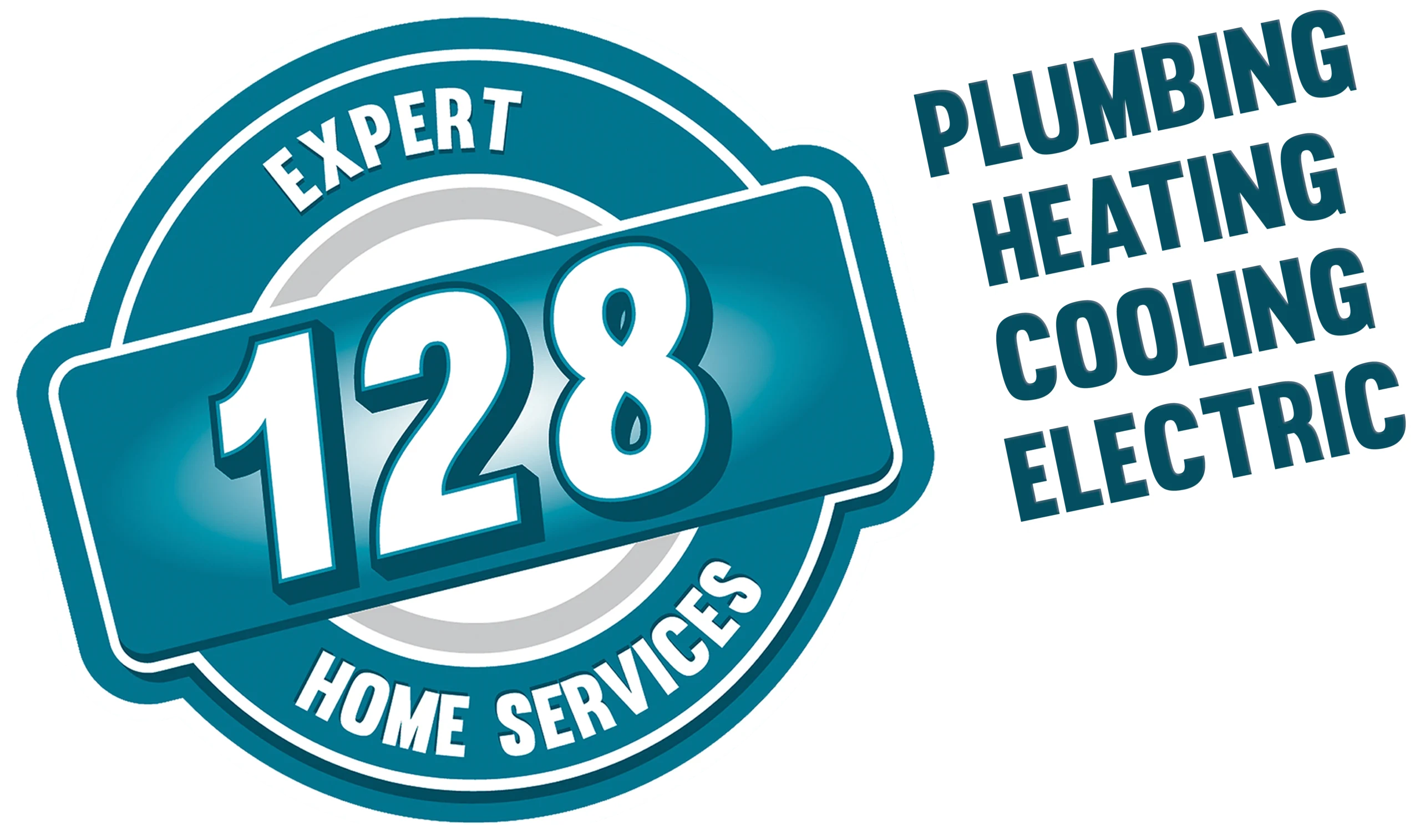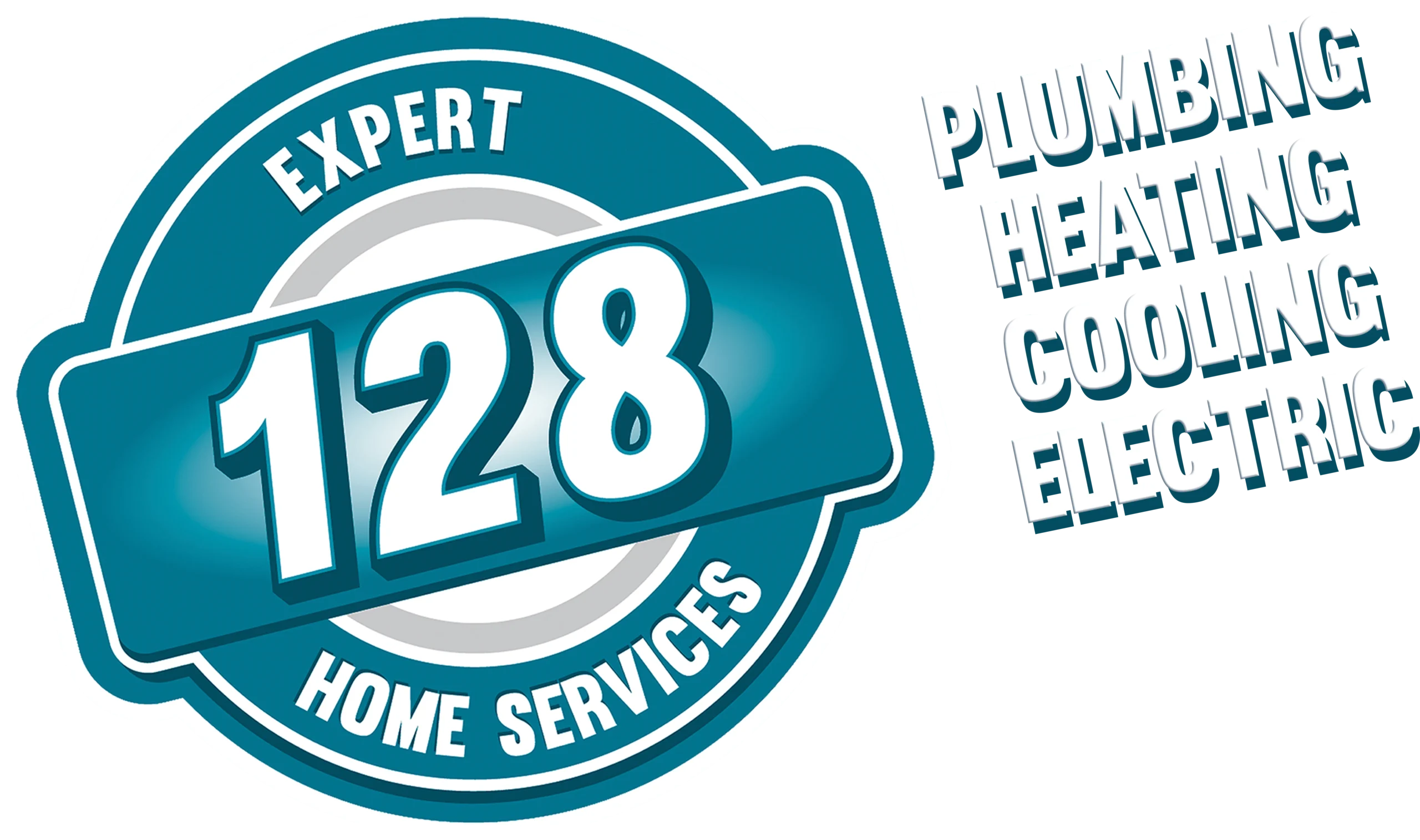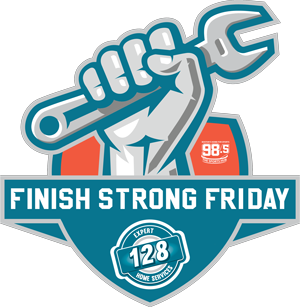Your Newton, MA home deserves the best in terms of heating and cooling systems. But how do you define this? You want to feel comfortable at home, with a pleasant temperature in every room. However, you have to consider other factors, as well. How much will you pay for utility bills? How frequently do you need to call contractors to maintain or repair your HVAC system? How much will your heating and cooling systems impact the environment?
These are important questions for all homeowners, especially in light of the US Department of Energy report indicating that 6% of all electricity produced in the United States is used for air conditioning. The percentage may appear small, but, putting things into the right perspective, it represents an annual cost of $29 billion for residential users.
Thus, when defining the best heating and air conditioning system for your Newton, MA home, you need to consider more than just its performance.
What You Need to Look for Heating and Cooling Systems
When you start an online search for heating and air conditioning systems, you will definitely be overwhelmed by the variety of offers. Different technologies, different installation types, different benefits…but what is the relevant information you need to know in order to make the best choice for your family?
Here are the most important factors you need to consider when you make the selection:
The Size of the HVAC System
The size of heating and cooling systems is measured in British Thermal Units (BTU) per hour. The Energy Star website offers a table that allows you to select the adequate HVAC size for the volume of each room.
However, you should always ask a team of professional contractors to evaluate the air conditioning capacity requirements for each room before purchasing an HVAC system.
Efficiency
Modern heating and cooling systems are more efficient than older ones. It is measured by two types of rating: EER and SEER.
EER stands for Energy Efficiency Ratio, and it is defined as the amount of cooling power a system gives for a specific amount of electrical energy. In practical terms, it is calculated as a division between the BTU capacity and the Watt-hours. The higher the resulting number is, the more efficient the system is. The EER rating is usually printed on a label applied on the HVAC system and titled “Energy Guide”.
SEER stands for Seasonal Energy Efficiency Ratio. It is calculated in the same manner as EER, but over the entire hot season, using a constant indoor temperature and outdoor temperatures varying between 600 F and 1000 F. An efficient heating and cooling system should have a SEER rating of at least 15.
Maintenance Requirements
When considering a major investment, such as a car or a new HVAC system, you should not consider only the initial purchase price but something called the total cost of ownership. This includes the cost, with fuel (electricity bill in this case) and the costs for maintenance and repair works.
As a rule of the thumb, the older a heating and air conditioning system is, the more maintenance and repair works it needs. This is why, when a system is approaching the end of its lifespan, HVAC specialists recommend homeowners consider an upgrade to a new model.
However, even some new HVAC models may require more maintenance than others, depending on the technology.
Installation Costs and Complexity
If you want quick and simple installation with minimum disturbance in your home, you need to consider ductless HVAC systems. The central unit, installed outdoors, is connected to the indoor unit through a simple hole in the wall.
By contrast, for ducted heating and air conditioning systems, you need to find a place for the central unit in the basement, and then the contractors will route the ducts to each vent installed in all the rooms in your home. This means a lot of work, careful planning for the route of the ductwork, and, of course, a higher installation cost.
Possibility to Install Smart Thermostats
Smart or programmable thermostat allows you to set the ideal temperature for each room in the house for each season. Practically, you decide what temperature you want in the bedroom in the winter, spring, summer, and fall, and the thermostat remembers your decision. You do not have to worry about setting the temperature over and over again.
This sounds great, doesn’t it? However, you need to know that not all types of HVAC systems are compatible with programmable thermostats. Older models do not allow this pairing. As for newer ones, ductless systems allow the installation of thermostats for multiple zones (each room in your house).
The Two Main Types of Heating and Cooling Systems for Newton, MA Homes
As you may have guessed so far, there are two main types of technologies for HVAC systems: ductless and ducted. Each of them has pros and cons, so we will not recommend one over the other as the best heating and cooling system for you.
Instead, we will make a detailed presentation of how they work and of their main advantages and disadvantages.
Ducted HVAC Systems
This is certainly one of the best-known models of HVAC systems used for decades both in residential and commercial buildings. It has one central unit that sends conditioned air through ducts to vents installed in the walls in each room of the building.
Ducted air conditioning systems need to be properly sized because they need to cover the entire volume of the house and reach the temperature requirements for each room.
Different Types of Ducts Used for the Installation of Ducted HVAC Systems
Depending on the building and the available space for routing, ducted air-cooling systems use two types of ducts:
- Flexible – recommended especially for residential properties, where spaces are tight and awkward
- Rigid – used mainly in large industrial and commercial spaces, running along the ceiling.
Pros of Ducted HVAC Systems
The most important advantages of ducted air conditioning systems are:
- Easy to Upgrade – over 91% of US homes built since 2000 have central ducted air conditioning. Thus, you can easily upgrade to a newer model because the ductwork is already installed in your building.
- No Visible Units – vents for ducted air cooling systems are discretely installed, making them completely unobtrusive. If esthetics is an important factor for you, then ducted HVAC systems are the best choice for your home.
- Higher Airflow – ducted air conditioning systems are generally more powerful than ductless systems. Thus, they are recommended for large rooms if you want to reach the ideal temperature in a shorter time.
- Humidity Absorber – ducted air conditioning units are more efficient at removing excess humidity from a room. If you have a specific problem with this issue, then you should opt for a ducted air cooling system.
Cons of Ducted HVAC Systems
Ducted HVAC units also have disadvantages. When you analyze the options you have, you should consider the following issues:
- High Installation Costs – if your home does not have ductwork already installed, then you will have to pay a considerable amount for installation. Costs go up for older properties, where the technicians will have to create longer duct routes in the already built-up space.
- Lower Efficiency Rating – in general, ducted heating and air conditioning systems are less efficient than ductless models. Moreover, the ductwork may leak and get damaged over time, making the system even less efficient.
- High Maintenance Costs – ducted HVAC equipment requires ongoing service and maintenance works. You need to call specialists at least once per year to evaluate the condition of the unit and to clean the ductwork.
- Risk of Mold – mold may form inside the ductwork and get blown into the room together with the conditioned air.
Ductless HVAC Systems
Ductless HVAC systems consist of two units, one installed outside, the other inside the room, and connected by a bundle of pipes through a hole in the wall. Each room in the house has its own system, working independently from each other.
Types of Ductless HVAC Systems
You have greater freedom of choice if you opt for a ductless heating and air conditioning system. There are four different types to choose from:
- Mini splits – one unit per room consisting of an outdoor compressor and indoor unit
- Multi splits – one outdoor compressor supplies two mini splits installed in different rooms
- Window unit – the entire system is contained in a casing, installed on a window (which is used to evacuate absorbed heat)
- Portable unit – provided with wheels, does not require any installation works and can be moved from room to room.
Advantages of Ductless HVAC Systems
Ductless heating and cooling systems represent the latest technology in air conditioning; therefore, they offer many important advantages:
- Reduced Space Requirements – you do not have to sacrifice useful space in your home for the air conditioning system, as ductless units only take some space on the wall
- Set Different Temperatures in Each Room – each room is independently supplied by a different HVAC system. Thus, you can set the ideal temperature for every space in the house.
- Higher Energy Efficiency – ductless HVAC systems have higher EER and SEER ratings than ducted systems.
- Better Air Quality – ductless air cooling systems have HEPA filters that retain even very small particles from the conditioned air.
Disadvantages of Ductless HVAC Systems
Of course, some people note disadvantages in installing ductless air conditioning systems. These are:
- Visible Indoor Unit – the indoor unit of ductless HVAC systems is quite large and visible. It is usually installed high up, towards the ceiling, and you cannot mask it with furniture because you would block the airflow.
- Higher Installation Cost per Home – as we explained, you have to purchase a complete HVAC system for each room in your house. Thus, if you want air conditioning in all the rooms, the costs can be very high. Many homeowners install their air conditioning system in phases, starting with the rooms they use more frequently.
Rely on Our Newton, MA HVAC Specialists
We are ready to help you decide on the best heating and cooling system for your home. Then, we perform professional installation, ensuring that you will enjoy comfortable temperatures all year round.
We offer warranties for our workmanship and only use high-quality parts and components for the installation, maintenance, and repair works we perform. Call us now to set an initial appointment!


